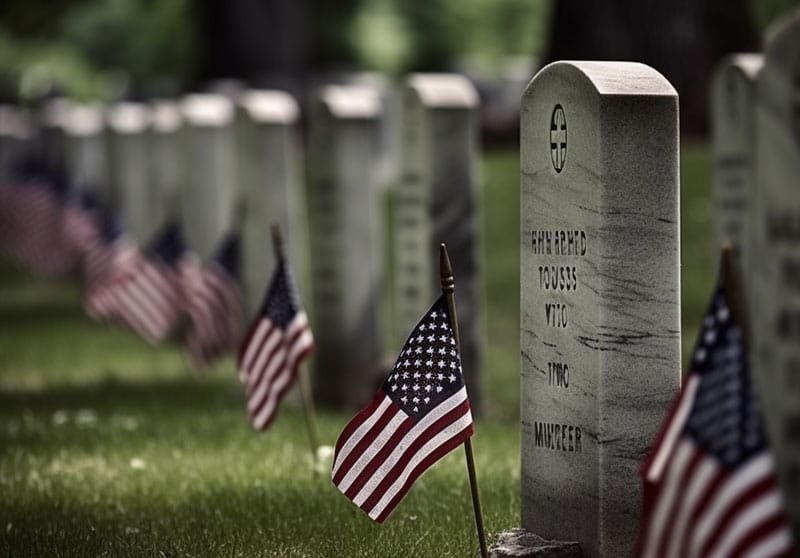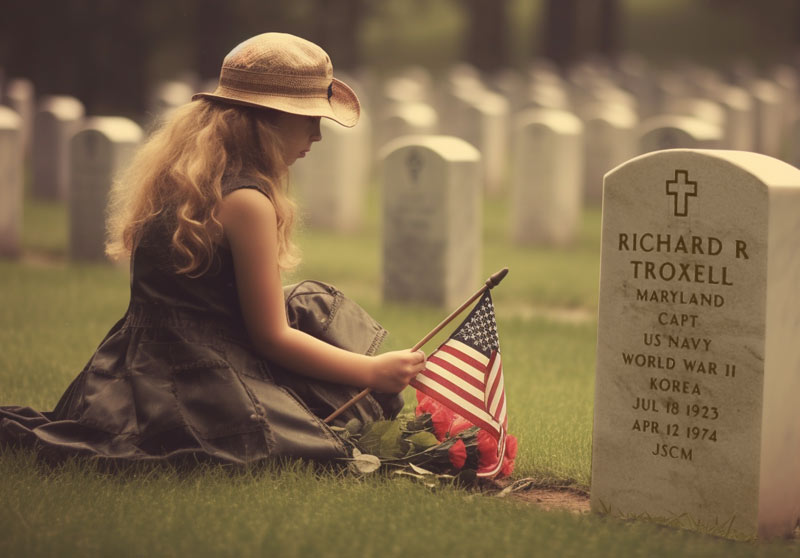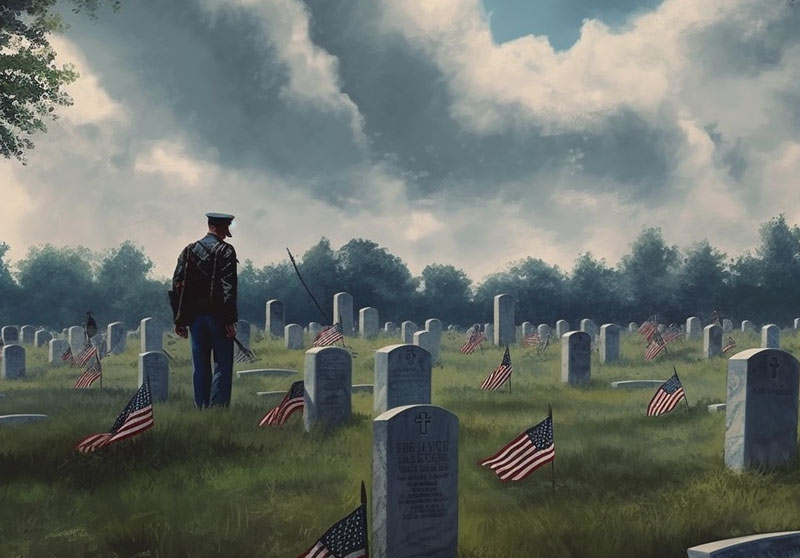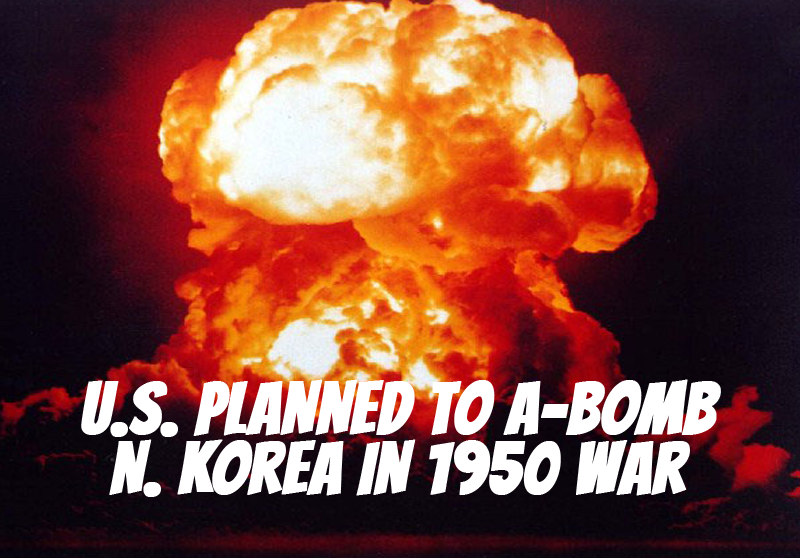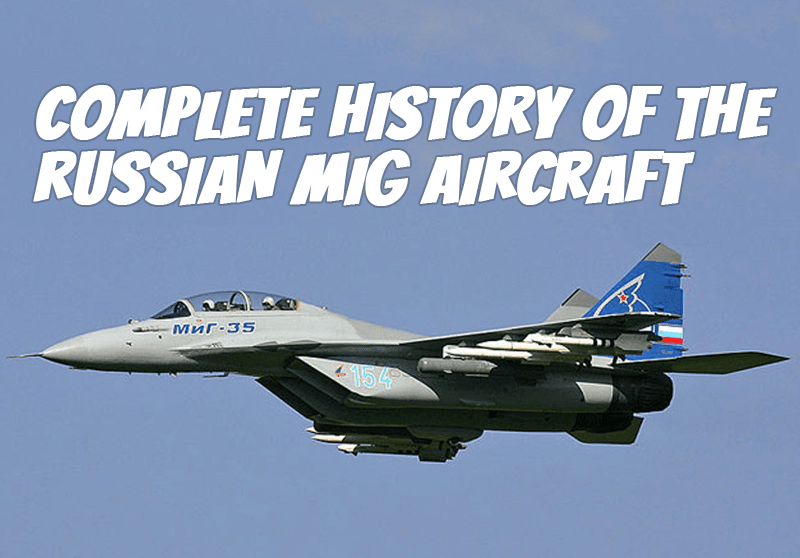Introduction
An article for Memorial Day, a significant observance in the United States. In this piece, we will explore the origins, history, traditions, and significance of Memorial Day. By reading this article, you will gain a deeper understanding of the purpose and meaning behind this solemn day of remembrance.
What You Will Learn
By delving into this article, you will learn:
- The historical background and origins of Memorial Day.
- The evolution of Memorial Day and its transformation into a national observance.
- The traditions and customs associated with Memorial Day.
- The significance of Memorial Day in honoring fallen heroes and remembering their sacrifices.
- The ways in which Memorial Day is celebrated and observed across the United States.
- The impact of Memorial Day on veterans, their families, and the nation as a whole.
- The importance of preserving the memory of those who gave their lives in service to the country.
Historical Background and Origins
To understand Memorial Day, it is essential to delve into its historical background and origins. Here are some key points:
- Civil War roots: The origins of Memorial Day can be traced back to the aftermath of the American Civil War (1861-1865). As the nation grappled with the immense loss of life during the war, communities began to organize commemorative events to honor the fallen soldiers.
- Decoration Day: The earliest predecessor to Memorial Day was known as Decoration Day, where people would decorate the graves of fallen soldiers with flowers and pay tribute to their sacrifice.
Evolution and National Observance
Over time, Memorial Day evolved into a national observance and underwent various transformations. Here are some notable developments:
- National recognition: In 1868, General John A. Logan, commander-in-chief of the Grand Army of the Republic, designated May 30th as a national day of remembrance for the Civil War dead.
- Expansion to honor all fallen soldiers: After World War I, Memorial Day was expanded to honor the fallen from all American wars, not just the Civil War.
- Uniform Monday Holiday Act: In 1968, the Uniform Monday Holiday Act shifted the observance of Memorial Day from May 30th to the last Monday in May, creating a three-day weekend for Americans to pay their respects.
Traditions and Customs
Memorial Day is marked by various traditions and customs that serve to honor and remember the fallen heroes. Here are some common practices:
- Flag display: Many Americans proudly fly the flag at half-staff until noon on Memorial Day, symbolizing respect for the fallen.
- Cemetery visits: Families and individuals visit cemeteries to place flowers, flags, and other mementos on the gravesites of fallen soldiers.
- Parades and ceremonies: Communities organize parades and memorial ceremonies featuring military displays, speeches, and tributes to honor the sacrifices of the fallen.
Significance in Honoring Fallen Heroes
Memorial Day holds great significance in honoring the brave men and women who made the ultimate sacrifice in service to their country. Here are some key points:
- Remembrance of sacrifice: Memorial Day provides an opportunity to reflect on and remember the sacrifices made by those who died while serving in the military.
- Recognition of service: It is a day to recognize the selflessness and courage of the men and women who put their lives on the line to protect the freedoms and values of the nation.
- Support for grieving families: Memorial Day offers support and solace to the families and loved ones of fallen soldiers, reminding them that their sacrifice is not forgotten.
Celebration and Observance
Memorial Day is observed and celebrated in various ways throughout the United States. Here are some common practices:
- Community events: Many communities organize parades, concerts, and memorial services to honor the fallen and bring the community together.
- Moments of silence: A moment of silence is often observed at 3:00 p.m. local time on Memorial Day as a national moment of remembrance.
- Wreath-laying ceremonies: Military and civic organizations often conduct wreath-laying ceremonies at war memorials and veterans’ cemeteries.
Impact on Veterans and the Nation
Memorial Day has a profound impact on veterans, their families, and the nation as a whole. Here are some key points:
- Healing and closure: Memorial Day provides an opportunity for veterans and their families to find solace, heal emotional wounds, and gain closure by paying tribute to their fallen comrades.
- National unity: Memorial Day serves as a unifying force, bringing together people from all walks of life to honor and remember those who made the ultimate sacrifice.
- Gratitude and respect: The observance of Memorial Day instills a sense of gratitude and respect for the sacrifices of the military and reminds citizens of the cost of freedom.
Preserving the Memory
Preserving the memory of those who gave their lives in service to the country is of utmost importance. Here are some ways in which the memory is upheld:
- War memorials: The nation is dotted with war memorials that serve as solemn reminders of the sacrifices made by the fallen.
- Veteran support organizations: Various organizations work tirelessly to support veterans, preserve their stories, and honor the memory of those who perished in battle.
- Education and awareness: Schools and educational institutions play a crucial role in teaching younger generations about the significance of Memorial Day and the sacrifices of the fallen.
Conclusion
Memorial Day stands as a poignant reminder of the sacrifices made by the men and women who died while serving in the military. Through its historical background, traditions, significance, and impact, this article has provided a comprehensive understanding of Memorial Day. By honoring and remembering the fallen heroes, we pay tribute to their bravery, selflessness, and unwavering commitment to protecting the ideals and freedoms we hold dear.
- The Battle of Midway: Turning the Tide in the Pacific - June 7, 2023
- The D-Day Operation of June 6, 1944 - June 6, 2023
- The B-29 that Changed History - June 4, 2023

